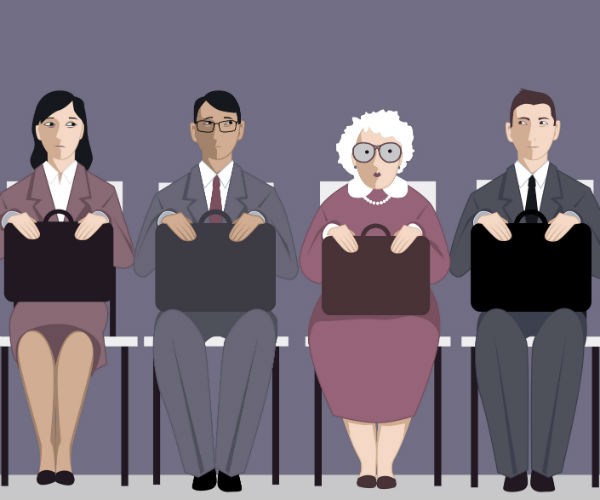Ageism is the stereotyping of and discrimination against individuals or groups based on their age. Ageism can take many forms, including prejudicial attitudes, discriminatory practices, or institutional policies and practices that perpetuate stereotypical beliefs.
Negative ageist attitudes are widely held across societies and not confined to one social or ethnic group. Research suggests that ageism may now be even more pervasive than sexism and racism.

This has serious consequences both for older people and society at large. It can be a major barrier to developing good policies because it steers policy options in limited directions. It may also seriously impact the quality of health and social care that older people receive.
These negative stereotypes are so pervasive that even those who outwardly express the best of intentions may have difficulty avoiding engaging in negative actions and expressions. Furthermore, negative ageist attitudes are often seen as humorous and based in some degree of fact; thus, the humour is often mistakenly assumed to counteract any negative effects on the older person. Yet ageism has been shown to cause lowered levels of self-efficacy, decreased productivity, and cardiovascular stress (50). And these stereotypes can become a self-fulfilling prophecy, reinforcing the inaction and deficits that result from their internalization.
These negative attitudes are also widely present even within the health and social-care settings where older adults are at their most vulnerable. Some of this prejudice arises from observable biological declines. This so-called objective starting point for the stereotype of older age may be distorted by awareness of disorders such as dementia, which may be mistakenly thought to reflect normal ageing.
Furthermore, because ageism is assumed to be based on these presumed physiological and psychological facts, little or no account is taken of the less obvious adaptations made by older people to minimize the effects of age-related loss, nor the positive aspects of ageing, the personal growth that can occur during this period of life and the contributions made by older people.
This socially ingrained ageism can become self-fulfilling by promoting in older people stereotypes of social isolation, physical and cognitive decline, lack of physical activity and economic burden.





Pingback: GUT Health and triggers for Brain Health | vick physiotherapy international